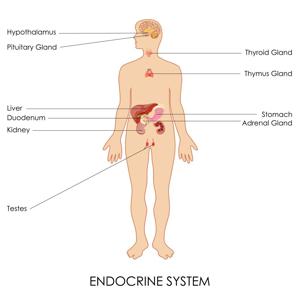Pure Red Cell Aplasia (PRCA)


Pure Red Cell Aplasia (PRCA): Clinical Overview and Management
Pure Red Cell Aplasia (PRCA) is a rare hematologic disorder characterized by isolated normocytic anemia due to the bone marrow’s failure to produce red blood cell precursors (erythroblasts). White blood cells and platelets typically remain unaffected. Below is a comprehensive synthesis of its etiology, clinical features, and evidence-based management strategies.
Classification
PRCA is categorized into two primary forms:
| Type | Characteristics |
|---|---|
| Acquired PRCA | Autoimmune or secondary to medications, infections, or thymomas. Common in adults. |
| Congenital PRCA | Diamond-Blackfan anemia (DBA), a genetic disorder diagnosed in infancy/childhood. |
Causes and Risk Factors
PRCA arises from immune-mediated suppression of erythropoiesis or direct erythroid precursor damage:
- Autoimmune mechanisms (most common):
- Autoantibodies targeting erythroblasts or erythropoietin (EPO) receptors12.
- Associated with thymomas (15–20% of cases), systemic lupus erythematosus (SLE), or rheumatoid arthritis13.
- Infections:
- Medications:
- Lymphoproliferative disorders:
Symptoms
Symptoms reflect anemia severity and include:
- Fatigue, pallor, and dizziness15.
- Shortness of breath or tachycardia during exertion45.
- Headaches and pulsatile tinnitus in chronic cases5.
Diagnosis
Diagnostic criteria:
- Complete blood count (CBC):
- Bone marrow biopsy:
- Additional testing:
Treatment Strategies
First-Line Therapies
- Immunosuppression:
- Corticosteroids (prednisone 1 mg/kg/day) induce remission in 30–60% of idiopathic cases25.
- Cyclosporine (3–5 mg/kg/day) for steroid-refractory cases26.
- Thymectomy:
Second-Line Therapies
- Monoclonal antibodies:
- Rituximab (anti-CD20) or alemtuzumab (anti-CD52) for refractory/relapsed cases6.
- IV immunoglobulin (IVIG):
Supportive Care
- Blood transfusions for symptomatic anemia, with iron chelation if chronic5.
- Discontinue causative drugs (e.g., ESAs, mycophenolate)15.
Prognosis
Conclusion
PRCA is a treatable anemia with diverse etiologies requiring tailored immunosuppressive or supportive therapies. Early diagnosis and addressing underlying causes (e.g., thymoma, parvovirus) are critical for optimizing outcomes.
Consult with Our Team of Experts Now!
At DrStemCellsThailand (DRSCT)‘s Anti-Aging and Regenerative Medicine Center of Thailand, we emphasize comprehensive evaluations and personalized treatment plans of Cellular Therapy and Stem Cells for managing various health conditions. If you have questions about Pure Red Cell Aplasia (PRCA) or would like more information on our services, consult with our experts today!
Consult with Our Team of Experts Now!
References















